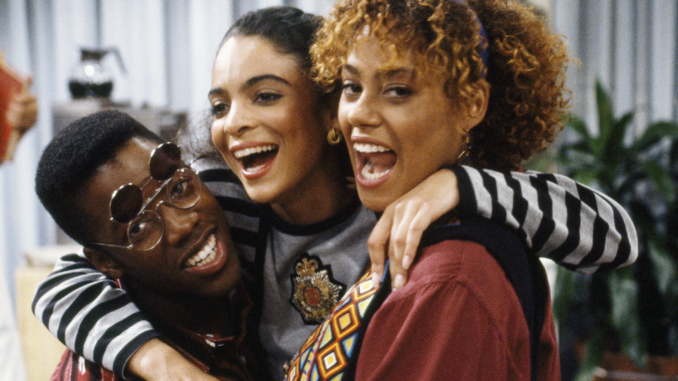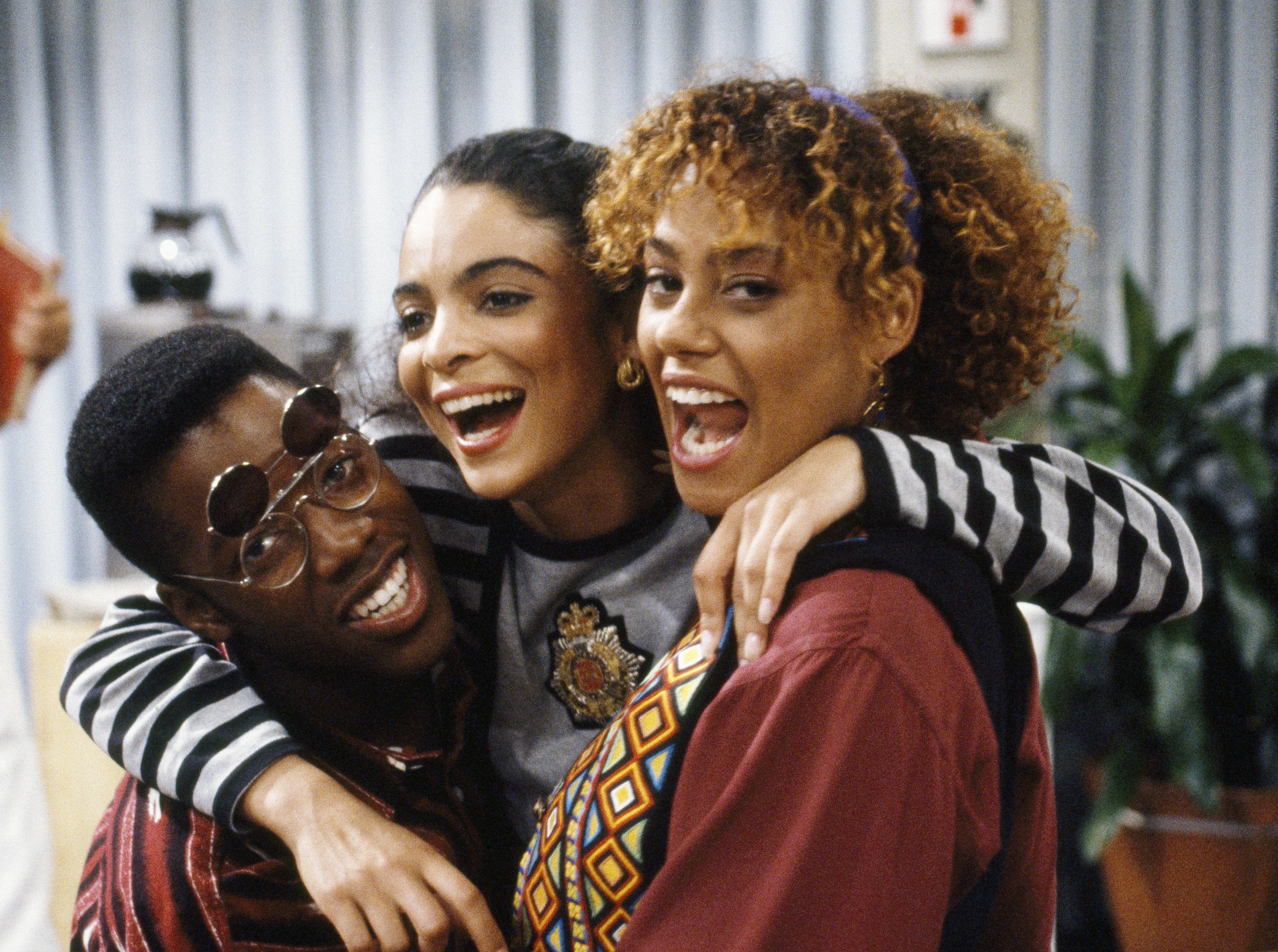
NBC’s A Different World was more than just a show.
“We got a call from the Assistant DA of Buck County Pennsylvania, because there was a little girl who had been raped by her neighbor while she was selling Girl Scout cookies,” Susan Fales-Hill told ESSENCE. “She was seven, so she didn’t know what had happened to her. And then six months later she saw [the episode we did on date rape], and it gave her the vocabulary to go tell her parents. They wanted to know about the episode because they were going to introduce it into evidence.”
Hill was a writer and producer on A Different World during the Season 2 episode “No Means No” which addressed date rape on college campuses.
:max_bytes(150000):strip_icc()/gettyimages-140625666-2000-57d57ff0b6a44cdda31b6773e48e99ba.jpg)
“Moments like that, we realized okay, we’re a little bit more than the 20 minutes [on television].”
The episode was a departure from A Different World’s original premise. During the first season which began on September 24, 1987, the show centered around Denise Huxtable, a school-dazed sophomore trying to find her way through college life, Whitley Gilbert, an uppity Southern Belle adapting to the peasantry of undergraduate living, and Dwayne Wayne, a nerdy Brooklyn kid vying for the attention of his female classmates – characters and issues that were relatable, universal and cautious. While the “universal story” approach worked for its predecessor, The Cosby Show, it didn’t translate as well in the specific setting of a historically black college.
“That worked on The Cosby Show because in a family you’re not necessarily walking around talking about how we’re Black or life’s issues. We know we’re Black. We’re talking about taking out the trash. When Debbie Allen came on board we had this huge pow-wow. The first thing she said was ‘This show has to tackle politics. We’re on a campus,’” Fales-Hill said.
Drawing from her experiences at Howard University and yearly visits to Spelman and Morehouse, Allen stepped in Season 2 and flipped the script from a show about students who “happened to be Black” at a school that “happened to be to an HBCU” to a show about Black students at a Black college, dealing with real issues.
A Different World challenged the notion that in order to be popular television you had to be non-racial or apolitical, and instead proved that if you wanted to be relevant, you had to be real. It was one of the first network shows to address issues like date rape, apartheid, HIV, colorism and racism, all through the prism of the Black college experience.
A Different World helped to create the paradigm that is prevalent now, in the “golden age of television.” The brilliance of Lena Waithe’s Emmy-winning episode of Master of None or Donald Glover’s Atlanta is that instead of focusing on creating sanitized, uncontroversial stories, the creators crafted characters that come alive through personal narratives driven by the reality of hard life issues. They constantly straddle the blurred line between the personal and political and do so within the boundaries of television comedy.
“What they’re doing is amazing and it’s progress. And I’m happy that we could crack the door open, but wow….talk about flying through it,” Hill remarked.
Like all great television, A Different World also gave us an opportunity to see dynamic characters, who were constantly evolving. The character evolutions were even more pronounced because they were in college, a place where they were distanced from the pressure of cultural and familial oversight, and free to adjust their identities and reconstruct world-views within the relatively contained space of a college campus.

Who could forget Lena James (Jada Pinkett Smith), the girl from Baltimore who as a freshman felt out of place among her bougie classmates —“I really miss my homeboys. They’re not like these Hillman brothers, all self-involved and afraid to sweat,” she famously said. By the time she was a sophomore, she had adjusted to college life, and in an episode where she’s visited by her Baltimore friends, finds herself stuck between the world she was raised in and the world she had come to know at Hillman.
Or Winifred “Freddie” Brooks (Cree Summers), the radical free spirit hoping to change the system. By Season 6, she had decided that the best way to change the system was to be in the system and traded her protest signs for law school books.
We watched Whitley Gilbert (Jasmine Guy) grow from a snobby undergrad into a more grounded, professional, wife and friend and Dwayne Wayne (Kadeem Hardison) go from the silly kid with perfect math SATs into an accomplished professor and engineer.
We fell in love with the characters as they grew, loved, failed and learned to navigate through their first taste of the real world.
